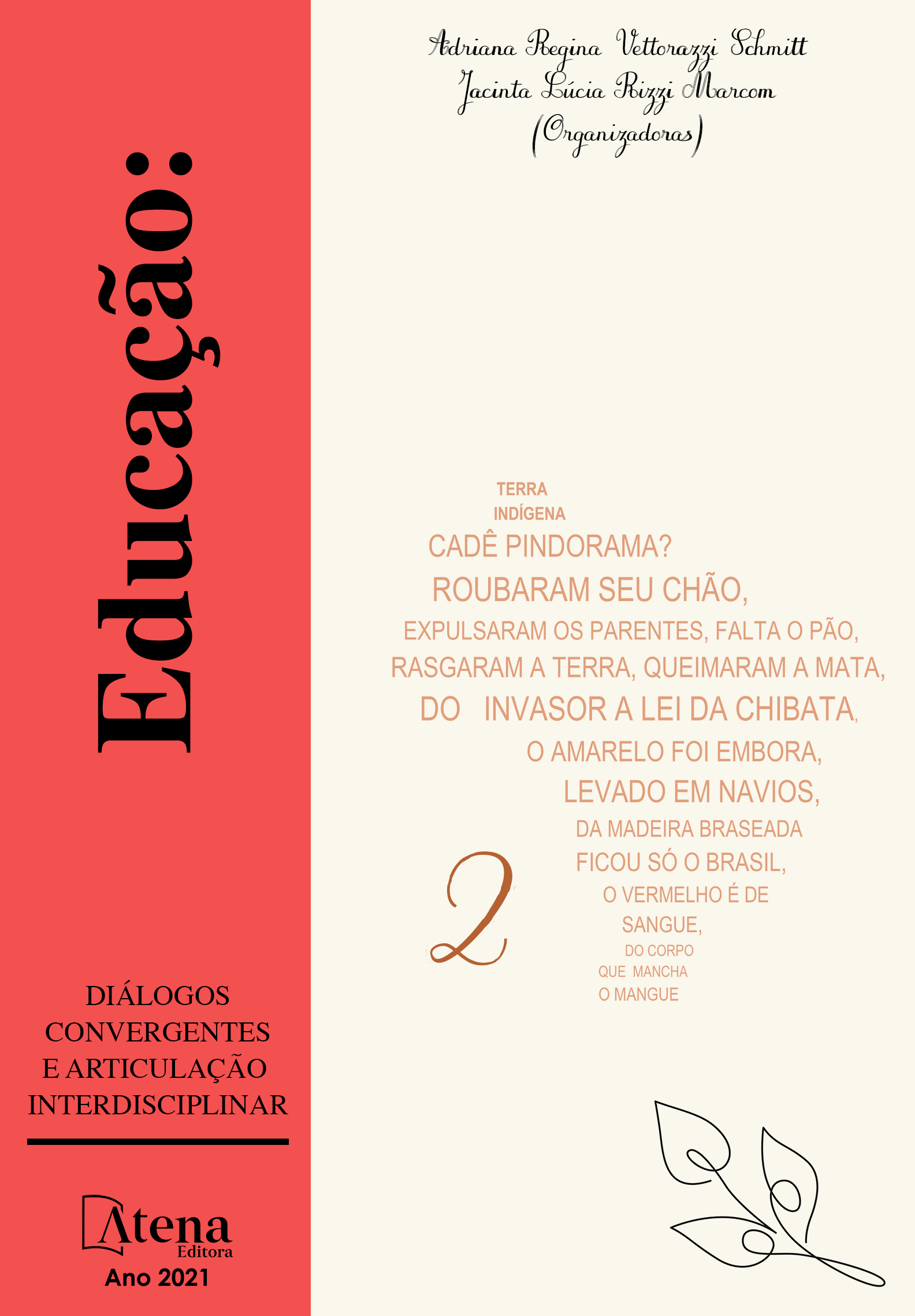
EDUCAÇÃO EM SAÚDE NO TIMOR LESTE: UTILIZANDO A METODOLOGIA DA PROBLEMATIZAÇÃO PARA PENSAR A REALIDADE LOCAL
A busca por uma educação transformadora, capaz de promover uma compreensão crítica bem como uma intervenção consistente sobre a realidade, incita a implementação de práticas pedagógicas inovadoras. Em tal contexto, as práticas passivas e reprodutoras, que durante tantos séculos prevaleceram no meio educacional, abrem espaço às metodologias ativas de ensino-aprendizagem. A partir destas considerações, o presente trabalho buscou fomentar o protagonismo dos sujeitos para atuar na Educação em Saúde, a partir do uso da Metodologia da Problematização. O trabalho foi realizado em uma Disciplina de Educação em Saúde, no âmbito de um Curso de Especialização em Religião, Ética e Cultura na cidade de Díli, Timor-Leste. A disciplina foi organizada utilizando os pressupostos da metodologia da Problematização, com base no Arco de Maguerez. A partir da observação da realidade, definiu-se a questão norteadora para a investigação: como os estudantes poderiam se tornar protagonistas na Educação em Saúde? A partir desta questão estabeleceram-se como pontos a investigar: conhecer os conceitos, história, necessidades e as práticas de saúde locais. A partir dos pontos levantados, passou-se à teorização, tendo por base a leitura de textos. Em seguida, passou-se à investigação a respeito das práticas de saúde presentes nos diversos momentos históricos do país. Este levantamento possibilitou compreender as inter-relações entre saúde e cultura, já que muitas práticas relacionadas ao diagnóstico e cuidados da saúde estão assentadas em concepções culturais que tem sua origem nos primórdios da civilização timorense. Após aprofundamento teórico e análise da realidade local foram propostas as hipóteses de solução a partir do levantamento das fortalezas e desafios para a educação em saúde, para chegar, então, à proposição de ações práticas para problemas de saúde. A partir da experiência apresentada conclui-se pela necessidade de fortalecimento das ações de internacionalização e formação de professores, bem como pela disseminação das metodologias ativas de ensino-aprendizagem.
EDUCAÇÃO EM SAÚDE NO TIMOR LESTE: UTILIZANDO A METODOLOGIA DA PROBLEMATIZAÇÃO PARA PENSAR A REALIDADE LOCAL
-
DOI: 10.22533/at.ed.02721220913
-
Palavras-chave: Educação em Saúde. Metodologias Ativas. Timor-Leste. Problematização.
-
Keywords: Health Education. Active Methodologies. East Timor. Problematization.
-
Abstract:
The search for transformative education, capable of promoting critical understanding as well as consistent intervention in reality, encourages the implementation of innovative pedagogical practices. In such a context, passive and reproductive practices, which for so many centuries prevailed in the educational environment, make room for active teaching-learning methodologies. Based on these considerations, this work sought to foster the protagonism of subjects to work in Health Education, using the Problematization Methodology. The work was carried out in a Discipline of Health Education, within the scope of a Specialization Course in Religion, Ethics and Culture in the city of Dili, Timor-Leste. The course was organized using the assumptions of the Problematization methodology, based on the Arch of Maguerez. Based on the observation of reality, the guiding question for the investigation was defined: how could students become protagonists in Health Education? From this question, the following points to investigate were established: knowing the concepts, history, needs and local health practices. From the points raised, theorization was carried out, based on the reading of texts. Then, there was an investigation into the health practices present in the different historical moments of the country. This survey made it possible to understand the interrelationships between health and culture, since many practices related to diagnosis and health care are based on cultural conceptions that have their origins in the beginnings of the Timorese civilization. After theoretical deepening and analysis of the local reality, solution hypotheses were proposed based on the survey of strengths and challenges for health education, in order to arrive, then, at the proposal of practical actions for health problems. From the experience presented, it is concluded that there is a need to strengthen the actions of internationalization and teacher training, as well as the dissemination of active teaching-learning methodologies.
-
Número de páginas: 10
- Mario Antonio Sanches
- Patricia Maria Forte Rauli


